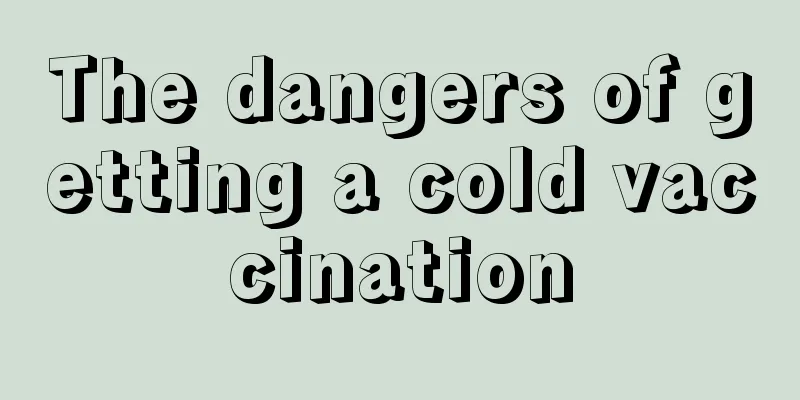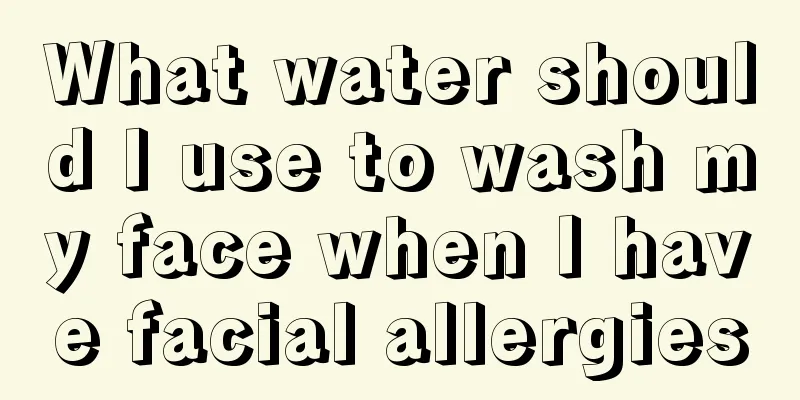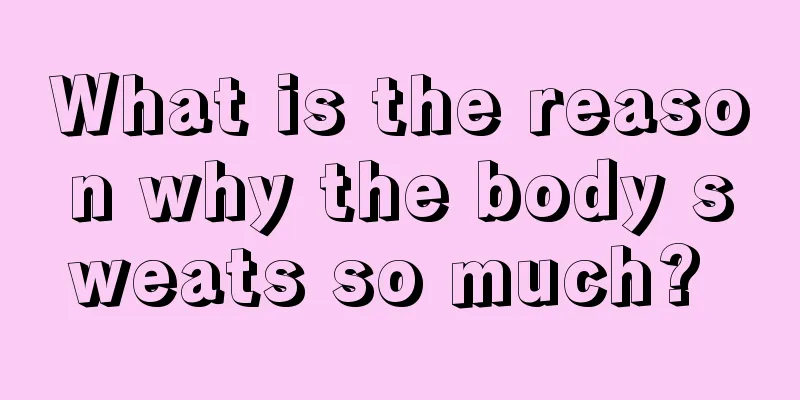The dangers of getting a cold vaccination

|
Children need to be vaccinated from birth to prevent various infectious diseases, but not every child can be vaccinated at any time. Children should not be given vaccinations when they are taking medicine for a cold or have other illnesses. Vaccinations during a cold will lower the baby's resistance, making it easy for them to develop symptoms such as low-grade fever, eczema, diarrhea, etc., and will make the condition worse. So it is better to wait until the baby is better before getting the vaccination. Hazard 1 (1) If children are suffering from a cold or fever caused by various diseases, giving them vaccinations at this time will increase their body temperature or induce and aggravate the disease. (2) Children who are recovering from an infectious disease or have a history of contact with an acute infectious disease but have not completed the quarantine period. If you get a vaccination at this time, it is easy to have adverse reactions or make the original condition worse. (3) Children with asthma, eczema, urticaria and allergic constitutions are more likely to have allergic reactions after vaccination, especially measles vaccine, diphtheria, tetanus and pertussis combined vaccine and other vaccinations with strong allergens, which are more likely to cause allergic reactions. Children with a history of epilepsy and convulsions are prone to syncope, convulsions, and shock when receiving vaccinations, especially Japanese encephalitis vaccine and diphtheria-tetanus-pertussis combined vaccine. People with severe rickets should not use polio sugar pills. (4) Children with acute or chronic kidney disease, active pulmonary tuberculosis, severe myelopathy, suppurative skin diseases and suppurative otitis media may experience various adverse reactions after vaccination, which may aggravate the original condition and affect the recovery of the sick child. It must be pointed out that children with congenital heart disease can still receive vaccinations as long as their function is good. (5) During the vaccination period, if the child is feeling unwell, has symptoms such as vomiting, diarrhea, and severe cough, the vaccination can be temporarily postponed with the doctor's consent, and can be given again after the symptoms improve. In short, it is not advisable to give children vaccinations when they suffer from the above-mentioned diseases or pathological conditions. However, this is relative. In certain special circumstances, such as when a virulent infectious disease is prevalent and has seriously threatened people's health, it is necessary to consider that the harm of the infectious disease is the primary, while the reaction of vaccination is secondary. The above-mentioned regulations against vaccination should be appropriately relaxed, but this should be decided by the doctor. |
<<: Symptoms of lung inflammation
>>: The main symptoms of anal inflammation
Recommend
How to lose belly fat with white vinegar and ginger?
White vinegar and ginger is a common delicacy. Al...
What are the dietary taboos for lung cancer?
What are the dietary taboos for lung cancer? Pati...
How long is the best time to take a nap?
Many people don’t like taking naps, especially yo...
Secret History of the Harem: How did the Emperor’s favorite concubine enlarge her breasts?
Breast augmentation is not exclusive to modern wo...
How to check lung cancer at the hospital
After lung cancer is suspected through clinical s...
What are some soups that can moisten the intestines and promote bowel movements?
Constipation is the most troublesome thing in peo...
Will long-term computer radiation cause spots?
Many people work from nine to five, and because o...
What are the treatments for lung tumors
The incidence of lung cancer has been high in rec...
How is lung cancer staged? It is divided into four stages
Lung cancer can be divided into four stages, whic...
How to attract centipedes
How can we attract centipedes? Many people always...
How long should I take potassium permanganate sitz bath after hemorrhoid surgery
Hemorrhoids have a great impact on the normal lif...
Understand the causes of prostate cancer
What are the causes of prostate cancer? When it c...
What is spinal herniation?
As the name suggests, spinal herniation means tha...
How to use hair care essential oil is divided into three steps
I believe everyone wants to have black and shiny ...
What are the clinical methods for diagnosing lung tumors?
In my country, an average of 200,000 people die f...









